The anti-communist cultural repression of the early 1950s included folk music in its net. The folk-singing Weavers were targeted as communists by the House Un-American Activities Committee and the private industry of politically correct consultants.
“This folk-singing quartet is well known in Communist Circles,” we learned in the June 9, 1950 Counterattack.
The Weavers were a toned-down version of the Almanac Singers, an hard-left group of folk singers who were intent on creating a radical proletariat culture in the United States. The Weavers weren’t toned-down enough though. As a result of the findings of the private consultants about their Marxist tendencies, their record label, Decca, cancelled their contract and expunged all Weavers songs from the Decca catalog in 1953 despite their having distanced themselves from their militant, overtly polemic earlier body of work.
Burl Ives too was targeted as a Red. Unlike the Weavers, he appeared before HUAC and named names, saying as he did so “I am very sorry that I have to bring up names in this manner.” His career was allowed to continue unabated.
A new wave of the folk revival started in the late 1950s. In 1958, the Kingston Trio released “Tom Dooley” and the revival was on. They featured a repertoire that would have sounded familiar at a Weaver’s concert, but with a buttoned-down, collegiate, apolitical look.
 There were on Life magazine’s cover.
There were on Life magazine’s cover.
But we are Berkeley, and we didn’t need Life magazine to tells about folk music. We were on it. The Berkeley Folk Festival ran from 1958 until 1970.
For those of you keeping score at home, we started a year before Newport. We started early and ended late. Barry Olivier, a folk guitarist and owner of the Barrel in the alley off Haste was the heart and soul of the festival.
A humongous amount of material is archived at Northwestern University. Presented here is a collection of programs and few posters and photos. The tip of the iceberg, but it gives the flavor.
Of special interest at the first festival is Jean Ritchie, a dulcimer player from a small town in Kentucky’s Cumberland Mountains. She moved to New York in 1946 where she was soon established as the Real Deal playing the Appalachian mountain dulcimer. She recorded more than a dozen albums of American folk music in the 1950s including the first folk album on the new Electra Records label. There is a certain irony in New York’s embrace of her playing the instrument and singing the songs she knew as a mountain girl.
For the second festival, King of Folk Pete Seeger joined, and Alan Lomax, folklorist and musicologist sang as well.
Enter the New Lost City Ramblers!
The shit was getting real now – Joan Baez! Mississippi John Hurt! Bess Lomax Hawes, who co-wrote “Charlie on the M.T.A.!” And Archie Green. He was a folklorist who specialized in labor lore and folk music. What a man. He was a mentor of mine for not enough years, generous and kind and inspiring.
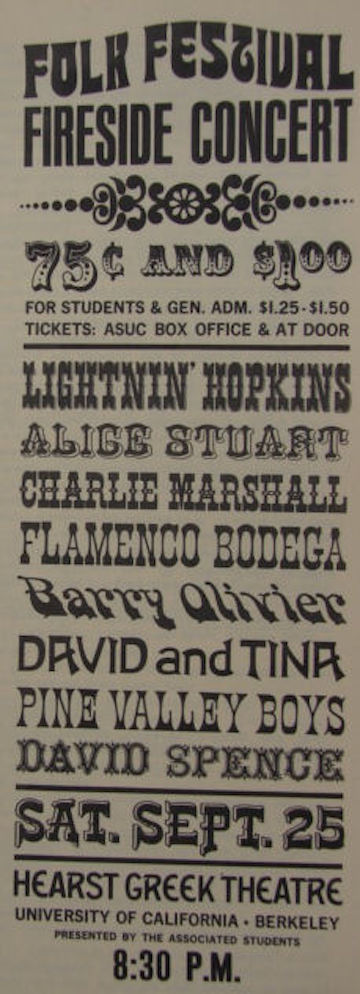
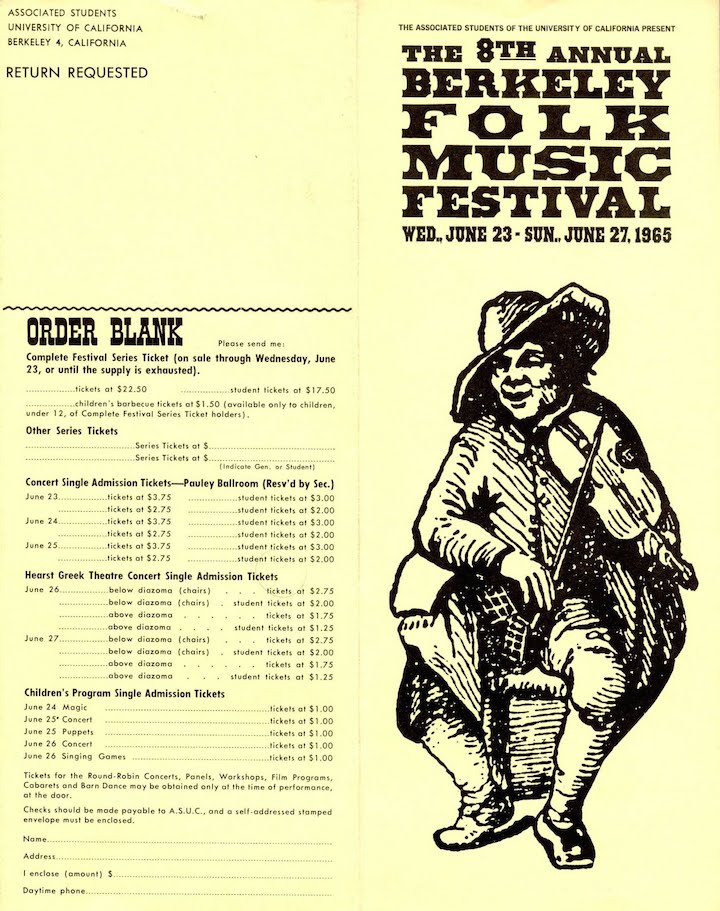
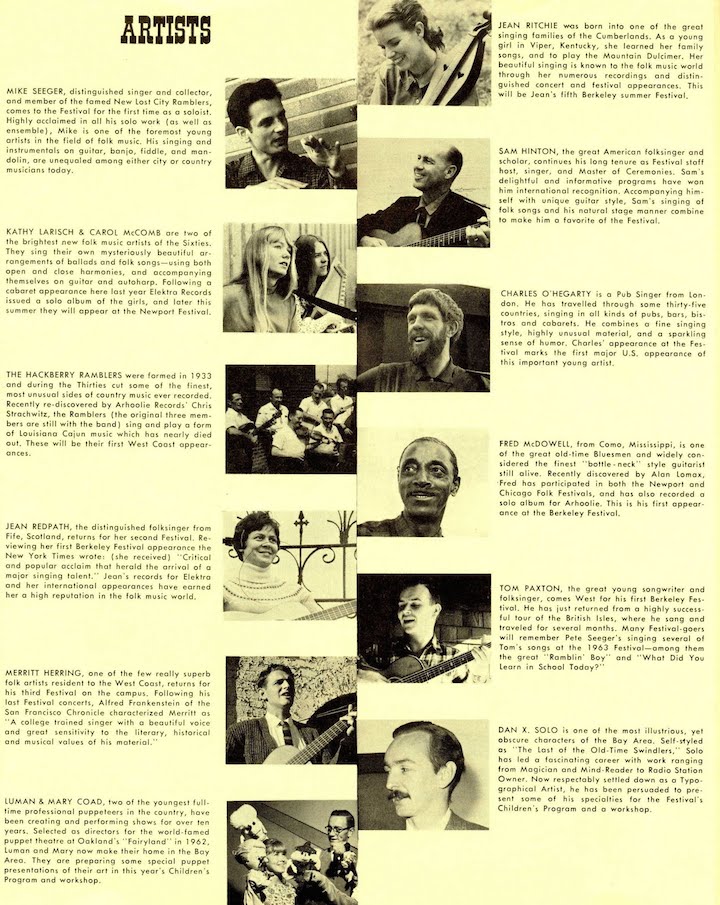
Tom Paxton joined us. Sam Hinton and Jean Ritchie were hardcore regulars by now.
Holy mackerel what a lineup. Jefferson Airplane! Our own Malvina Reynolds. Our own Ralph J. Gleason, jazz etc. critic for the Chronicle.
Doc Watson and Country Joe and Janis Ian – a tremendous blend. How ecumenical!
The Andrews Sisters and Quicksilver. And they have what in common?
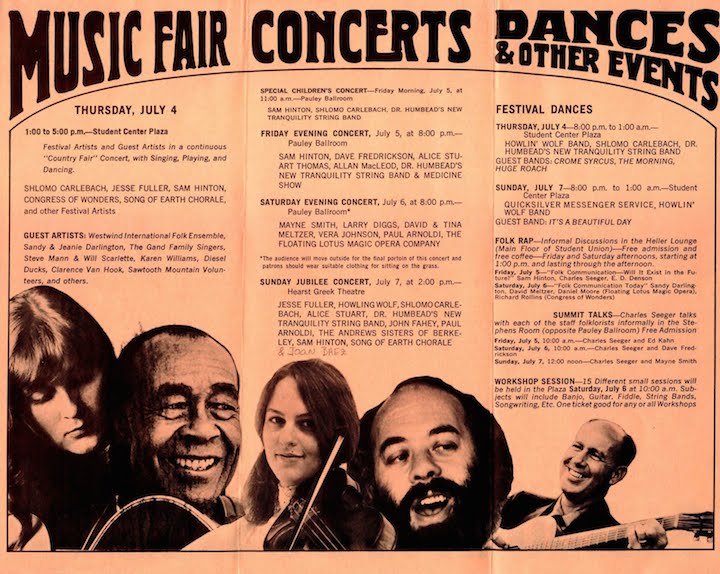
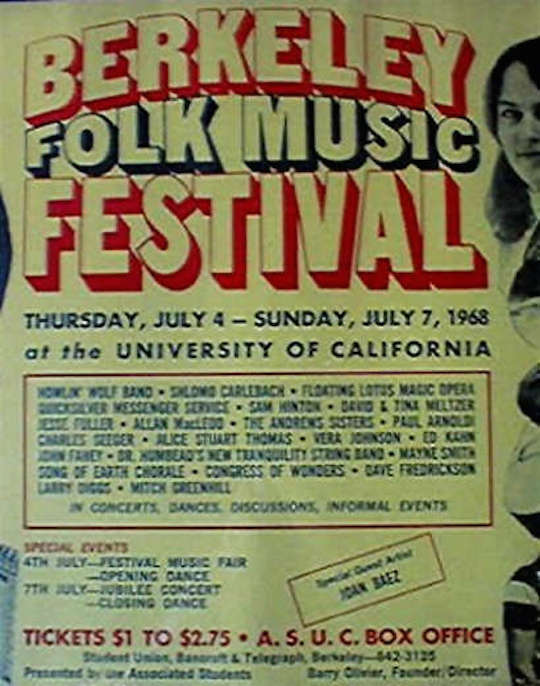
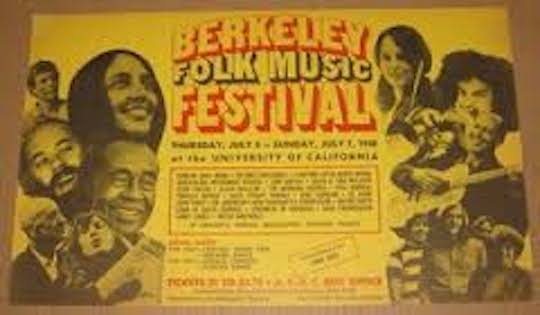
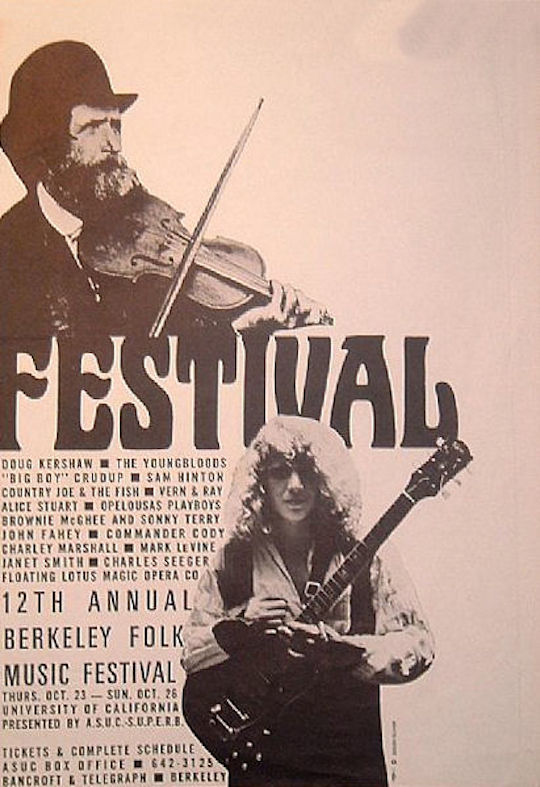
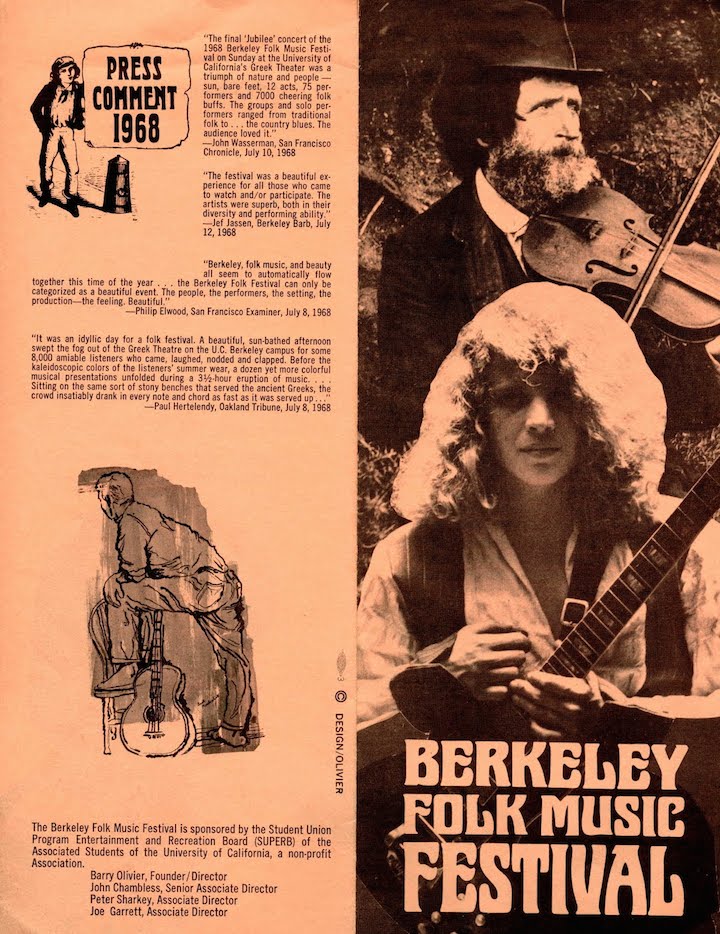
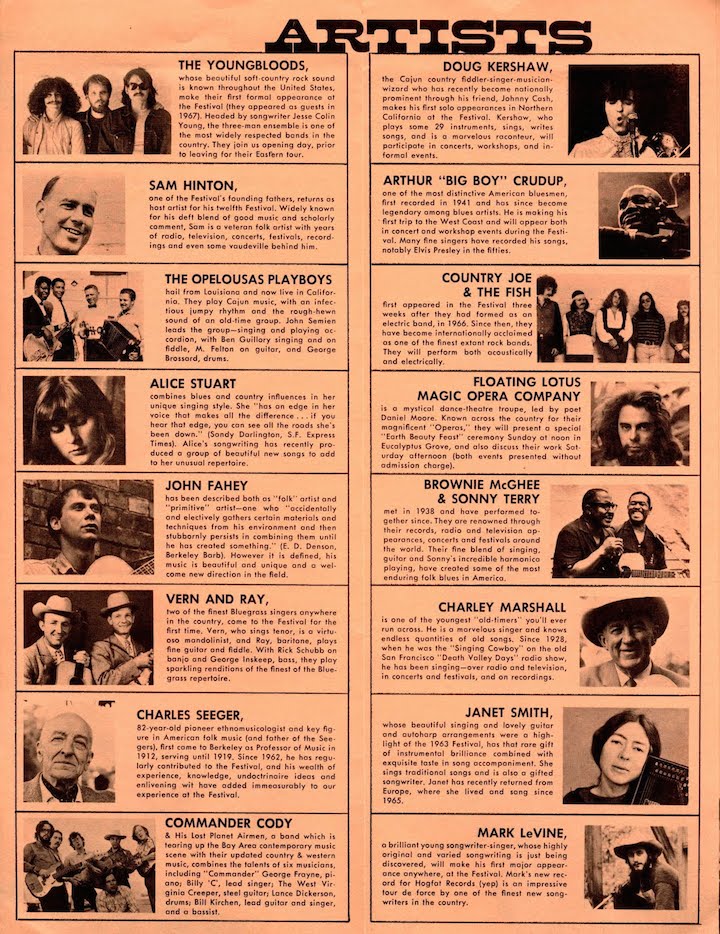 The Youngbloods and Commander Cody on the one hand, Vern and Ray on the other. My goodness.
The Youngbloods and Commander Cody on the one hand, Vern and Ray on the other. My goodness.
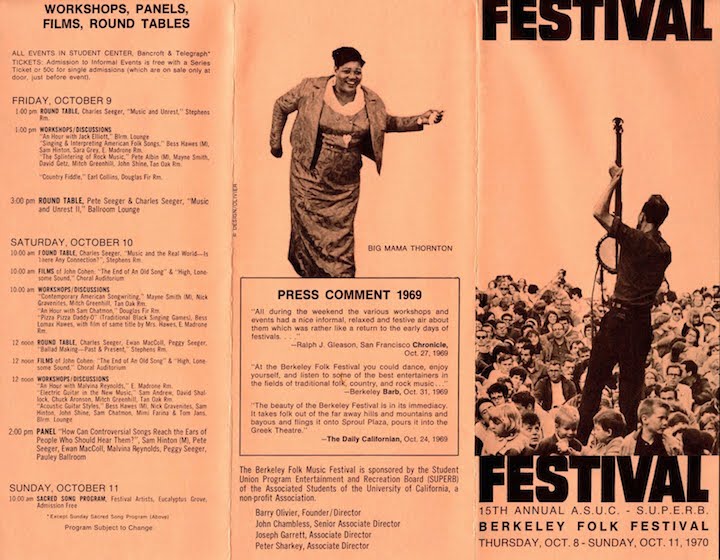
 Some big names for the last time out. Sam Hinton finished a complete game, all the festivals. Joy of Cooking, the more or less house band at Mandrake’s, played. Our own Malvina and Rambling Jack and Big Brother and Mimi Farina and Big Mama Thornton. Wow!
Some big names for the last time out. Sam Hinton finished a complete game, all the festivals. Joy of Cooking, the more or less house band at Mandrake’s, played. Our own Malvina and Rambling Jack and Big Brother and Mimi Farina and Big Mama Thornton. Wow!
My friend had spent at last an hour looking at Spire Christian Comics from the 1970s when I brought his this posting to review. He was grateful. He needed a break from Hansi the Girl Who Loved Swastikas. What, pray tell, did he think of these images from the Berkeley Folk Music Festival?


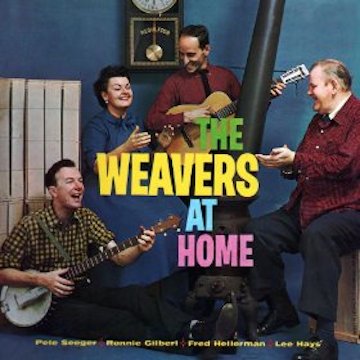
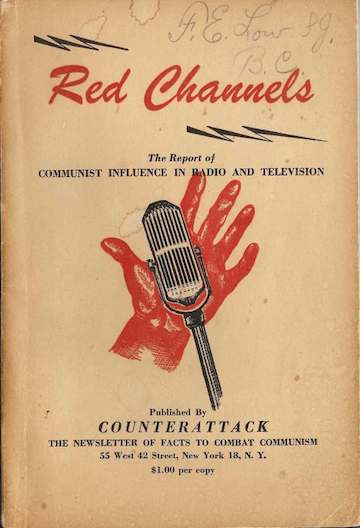

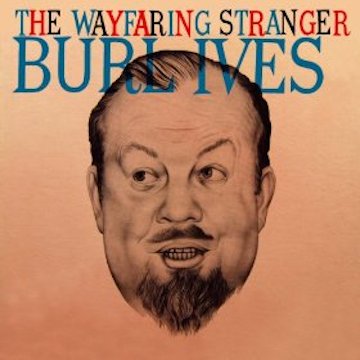
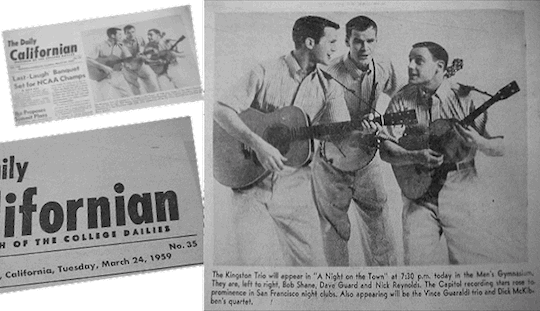
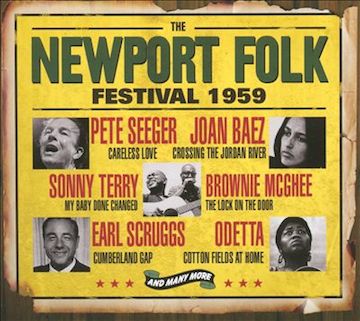
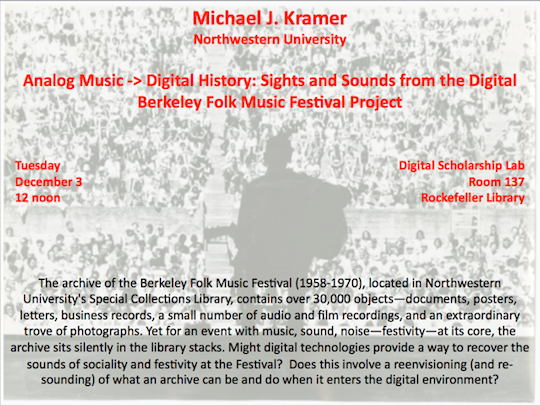
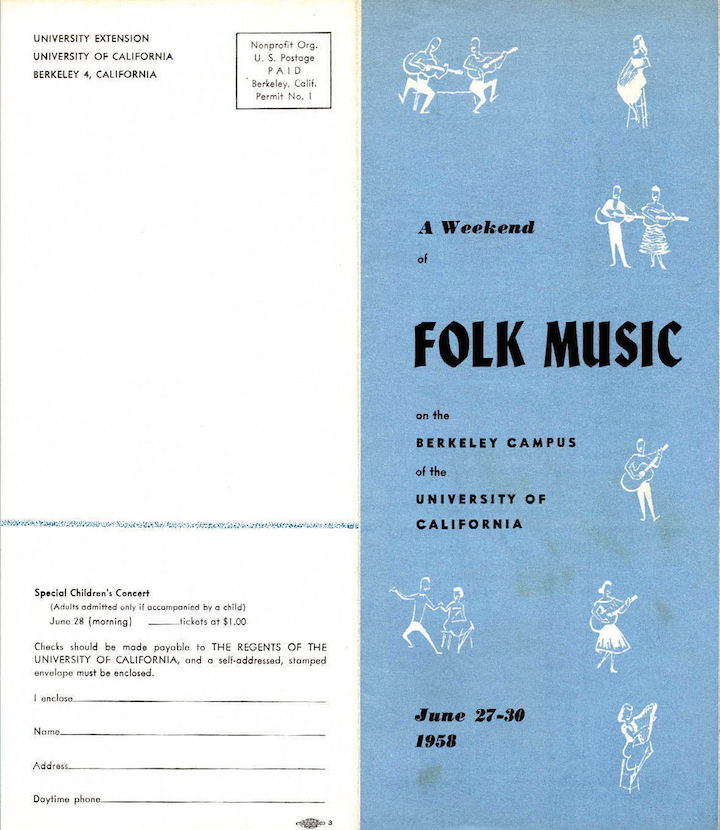
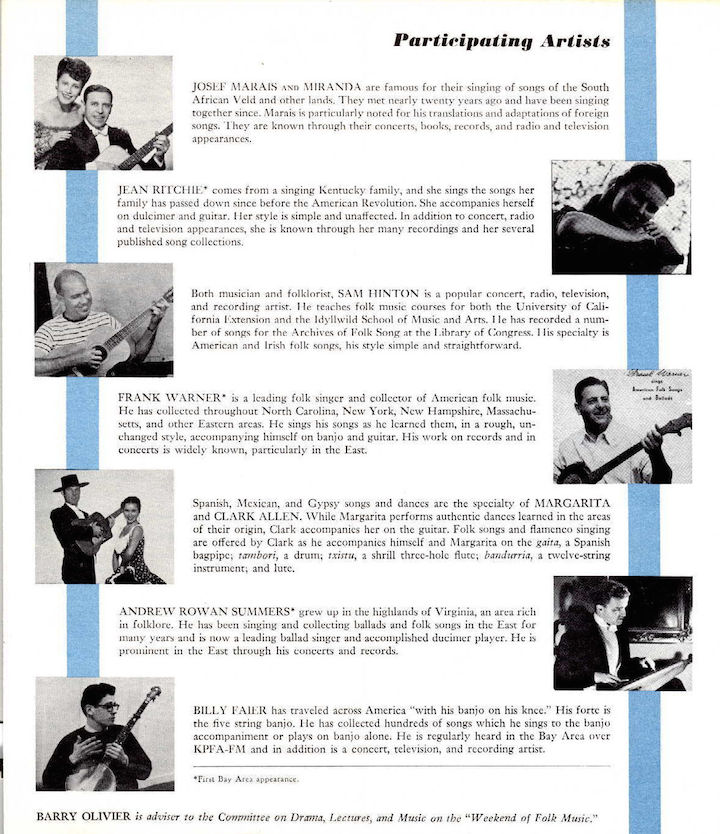
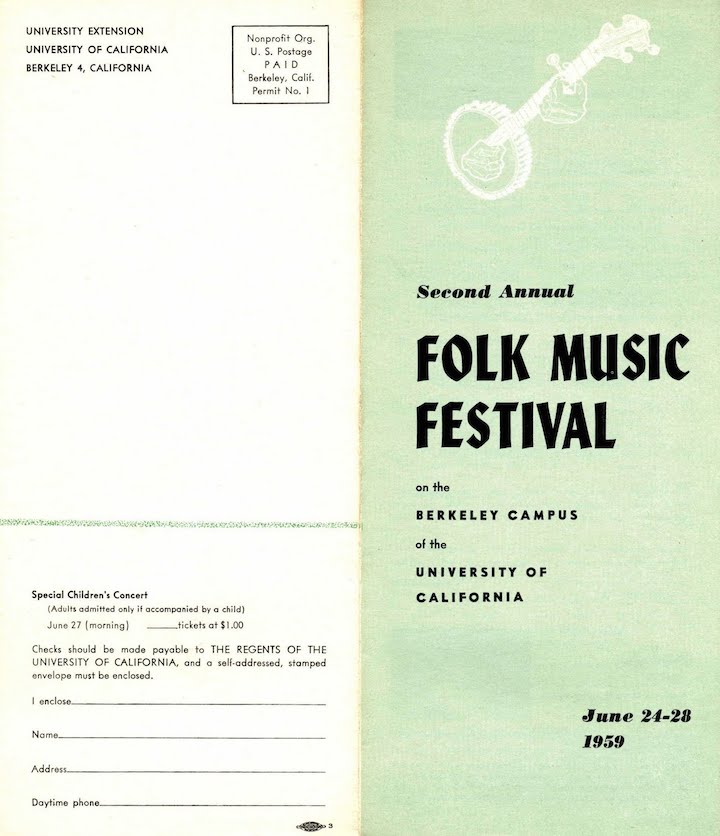
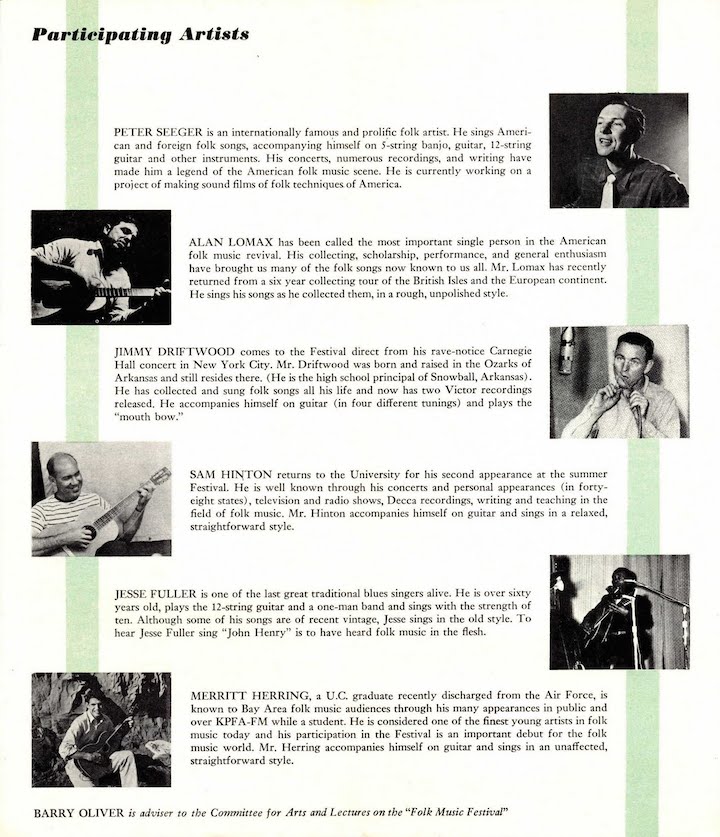

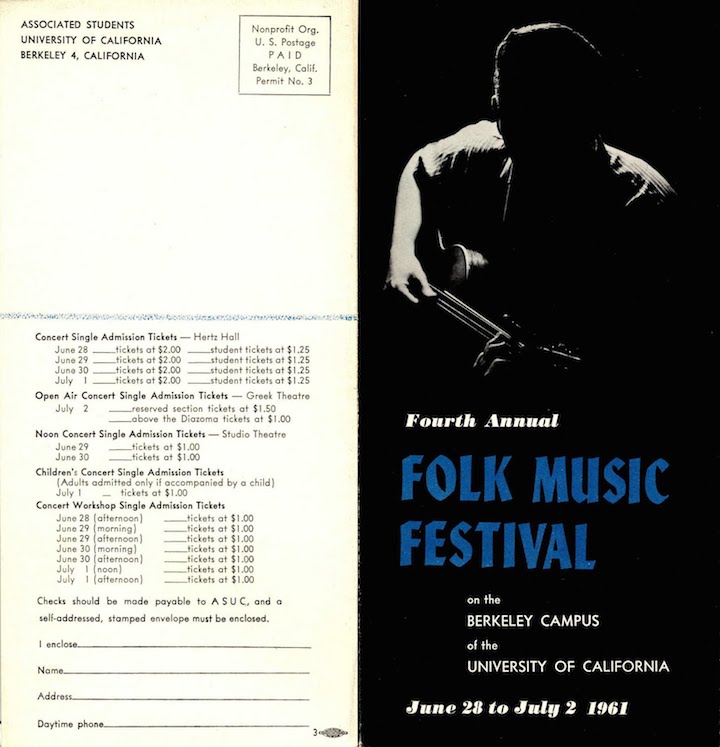
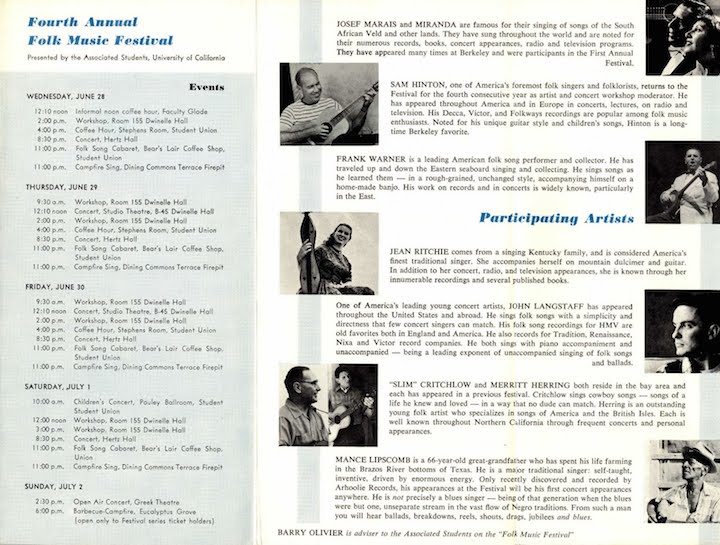

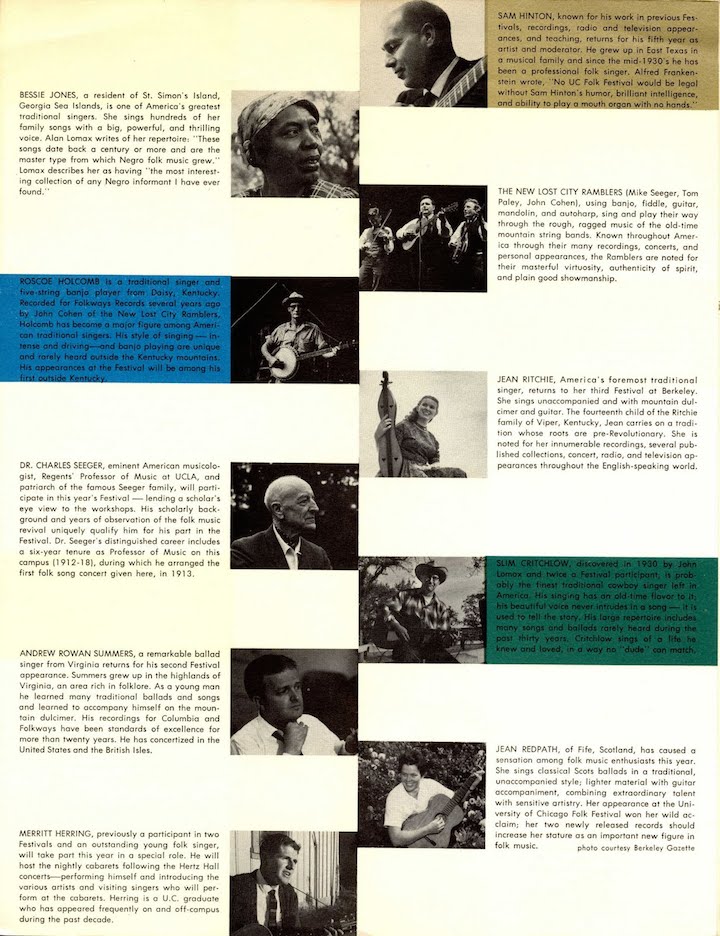
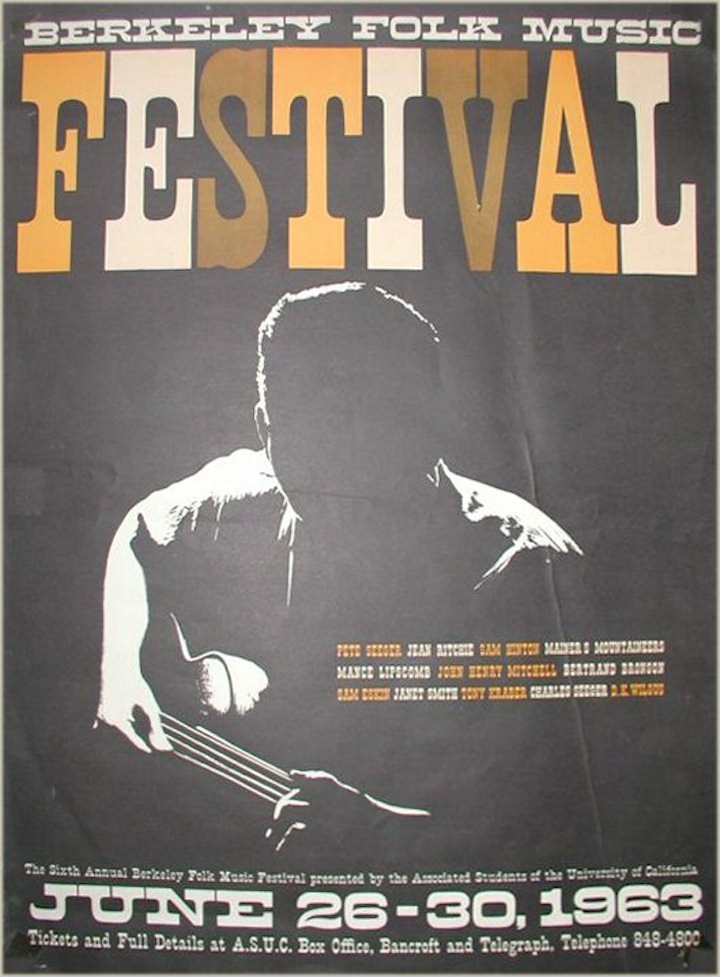

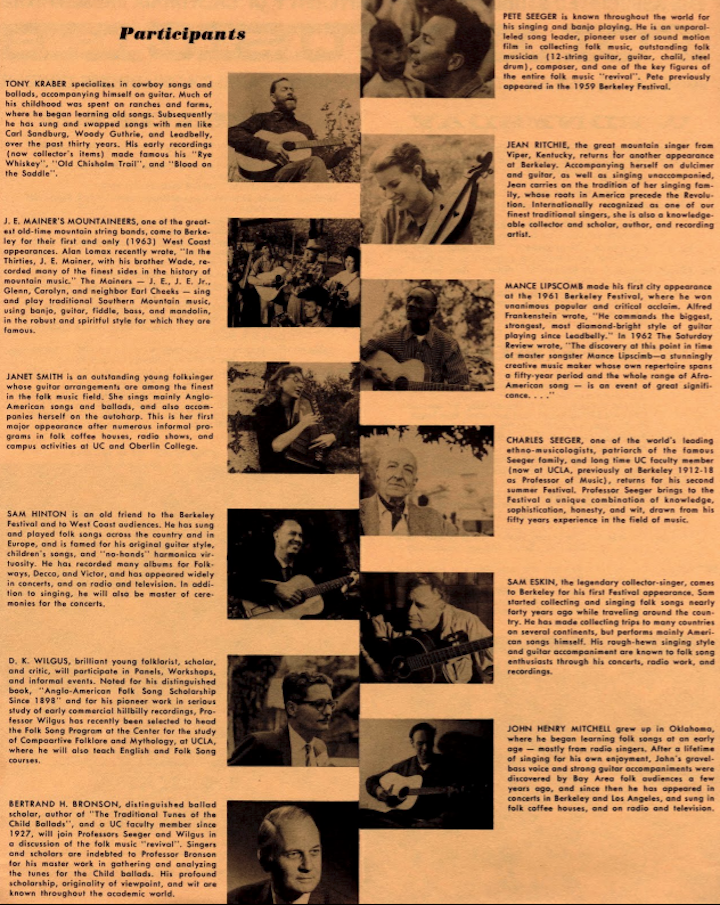
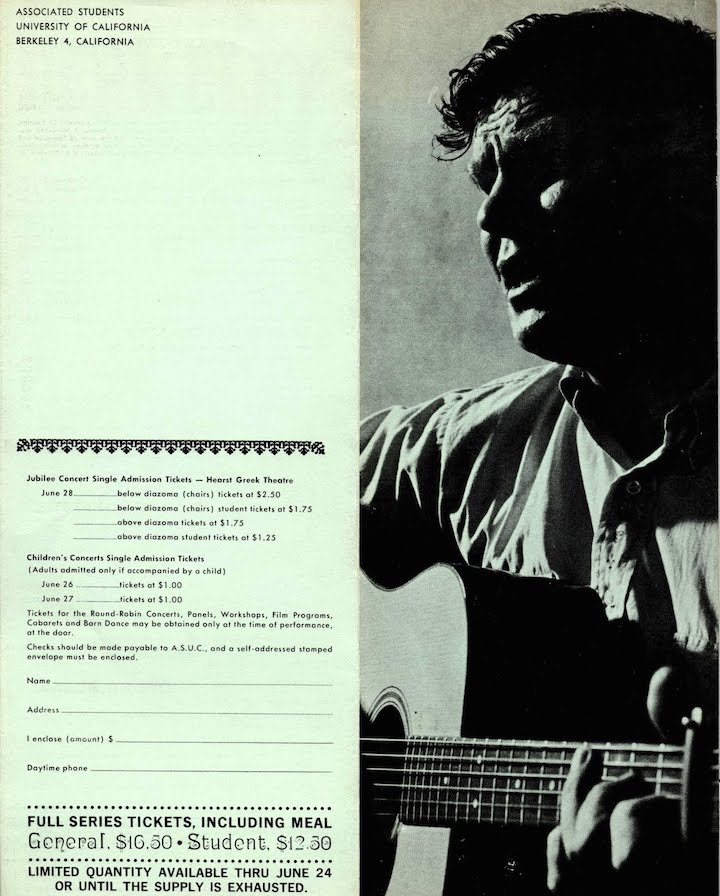
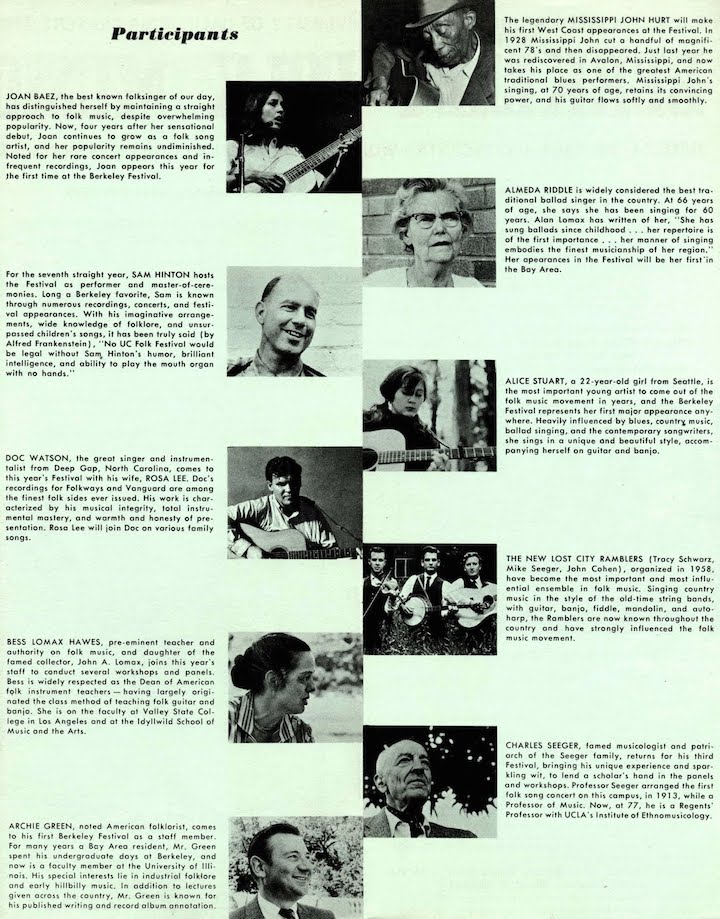
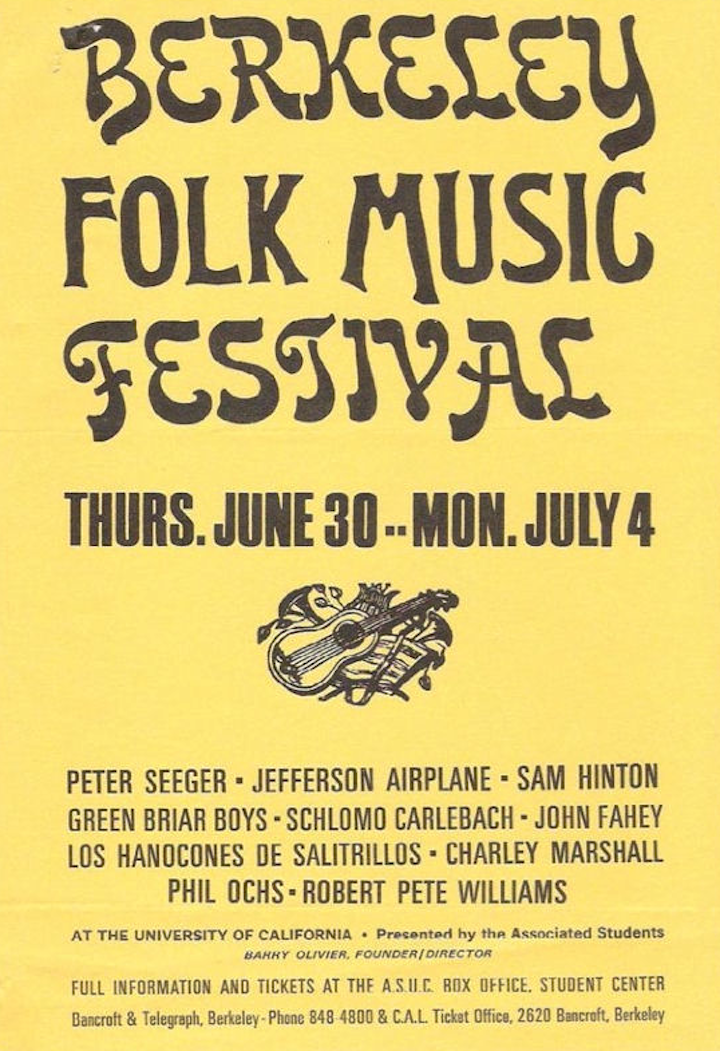
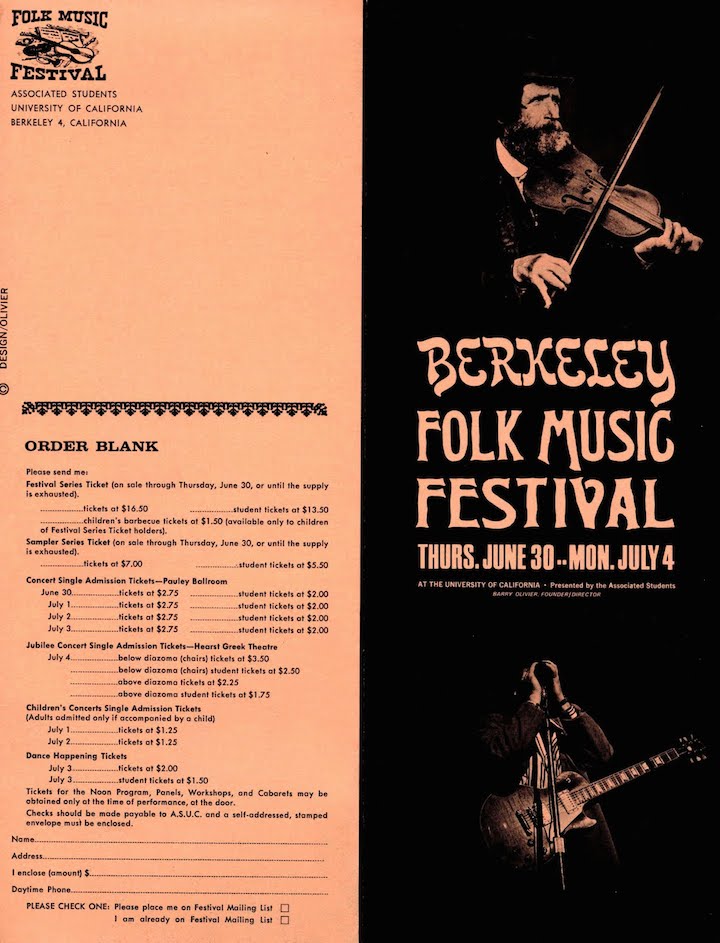
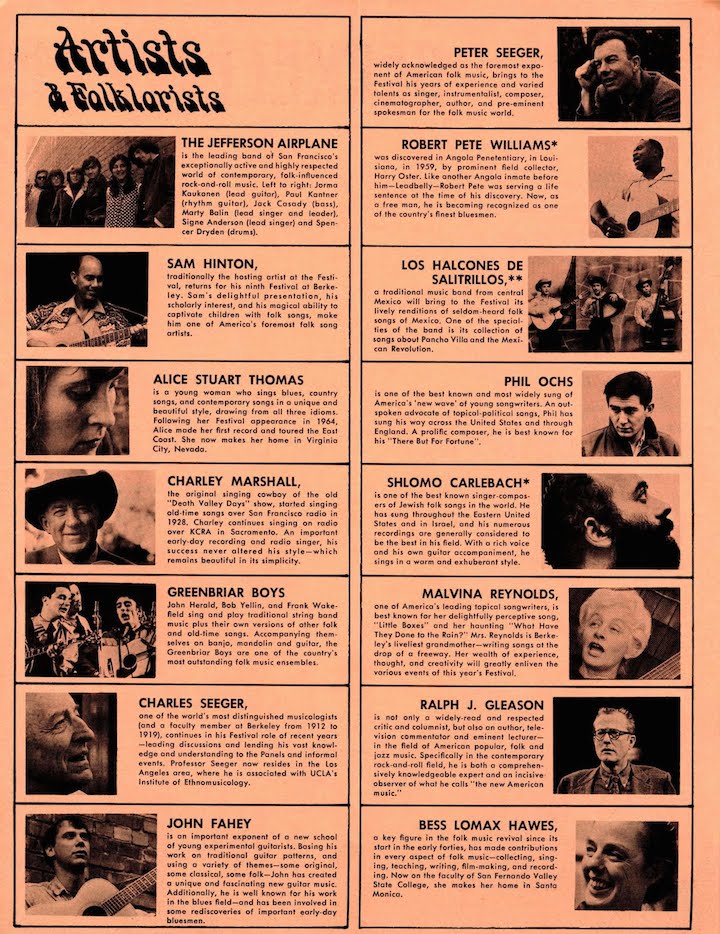
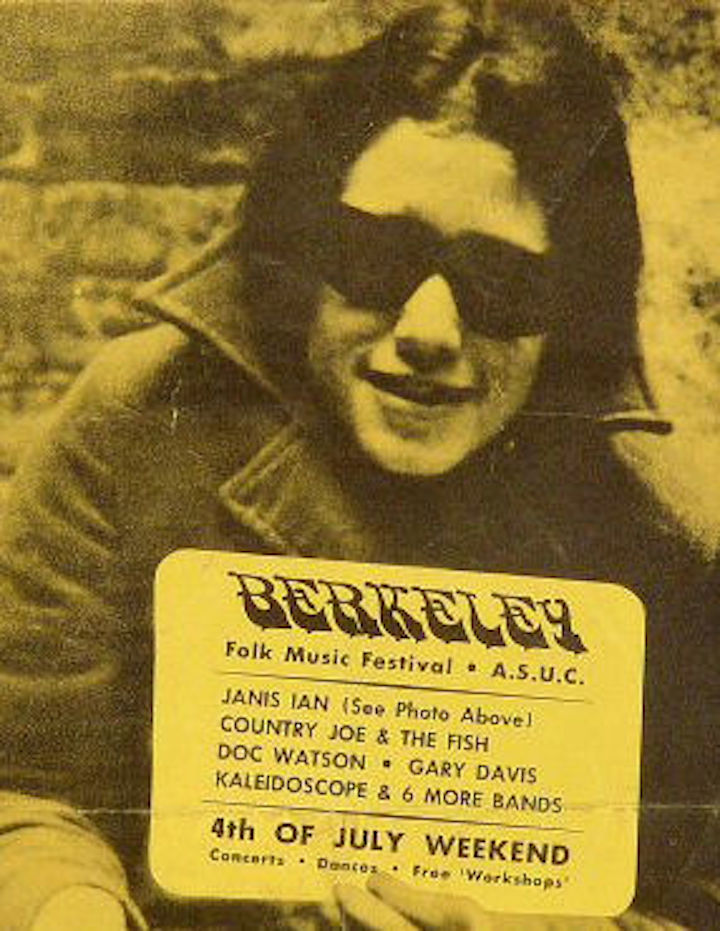
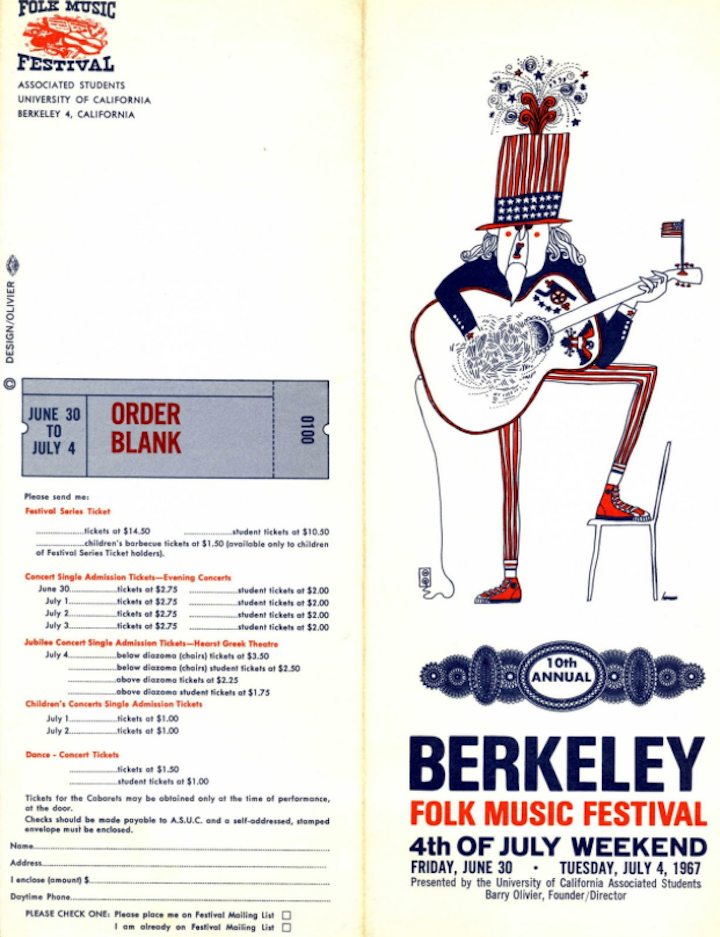
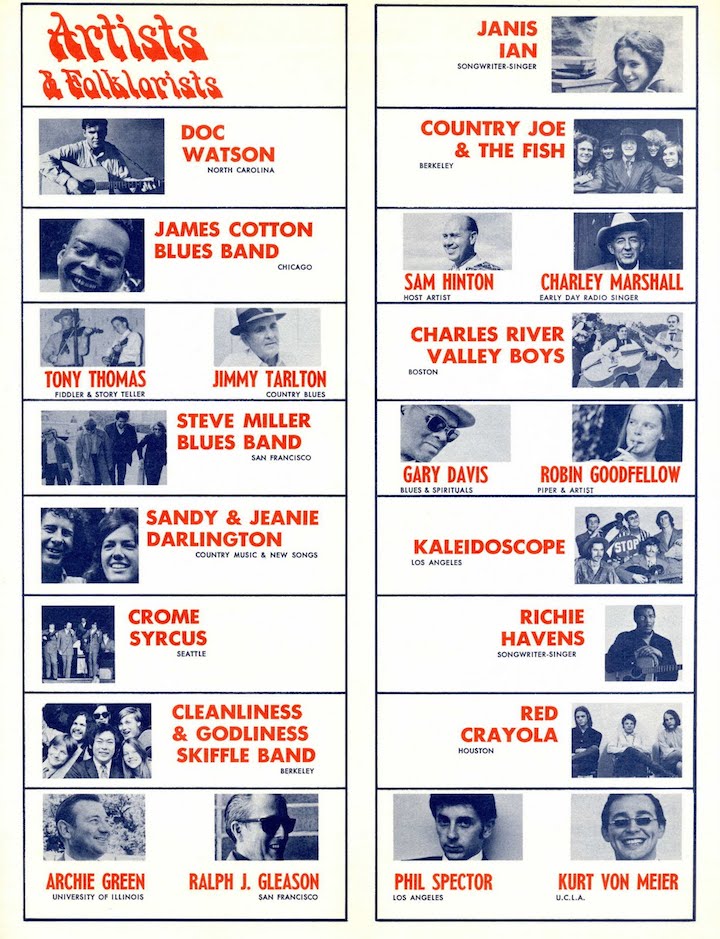
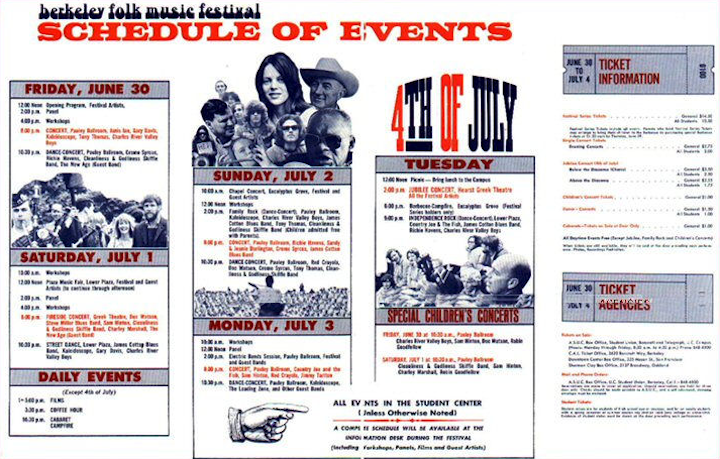
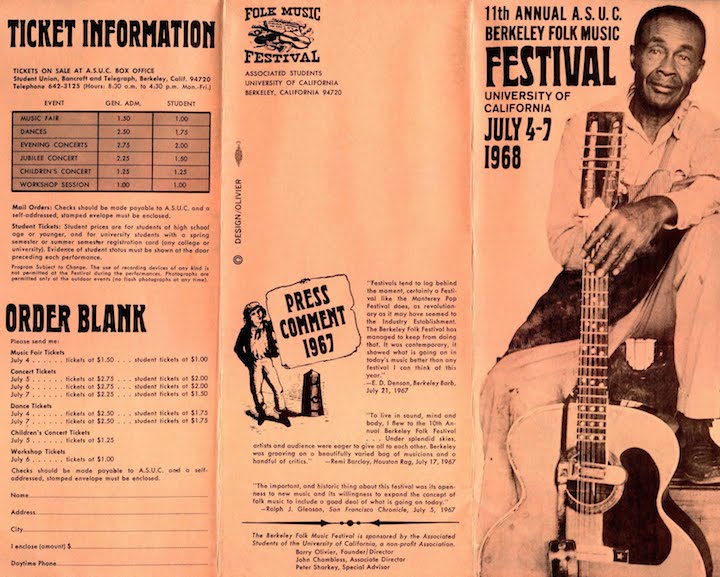

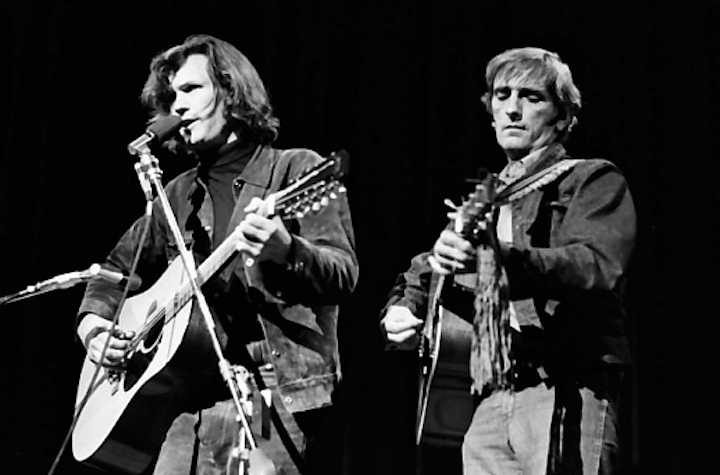

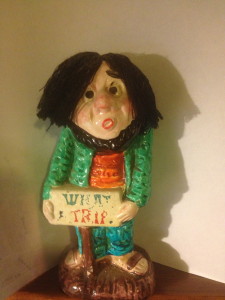
I have no idea how long this page has been here, or if anybody is monitoring Comments, but I had to say thanks for it in any case.
Sam Hinton was my uncle. I grew up in Redondo Beach, CA with his mother, Nell Hinton, and his sister, my mother, Nell Hinton Steinhelper. My mom’s been gone for about 12 years longer than Sam. Every once in awhile I do a search on family members’ names, some of whom were or are fairly famous, and today it was Uncle Sam’s name that I searched on. I found this page as well as a couple others I’d never seen before, and was simply amazed at the list of bands and solo artists of my generation that Uncle Sam shared stages with. We always knew of his associations with Pete Seeger and other big-name folk singers, but Quicksilver? And some others listed in the posters above were a shock to me.
I really appreciate whoever put this archive together. I’d give anything to have an actual handbill or two, but I will probably print off a few just to hang in my studio/office for nostalgia’s sake. I’m the last of the Steinhelper branch of the Hinton family tree. I’ve forgotten more than I remember, so visual reminders are all over my home. At least some of these will occupy prominent spaces. Thanks again.